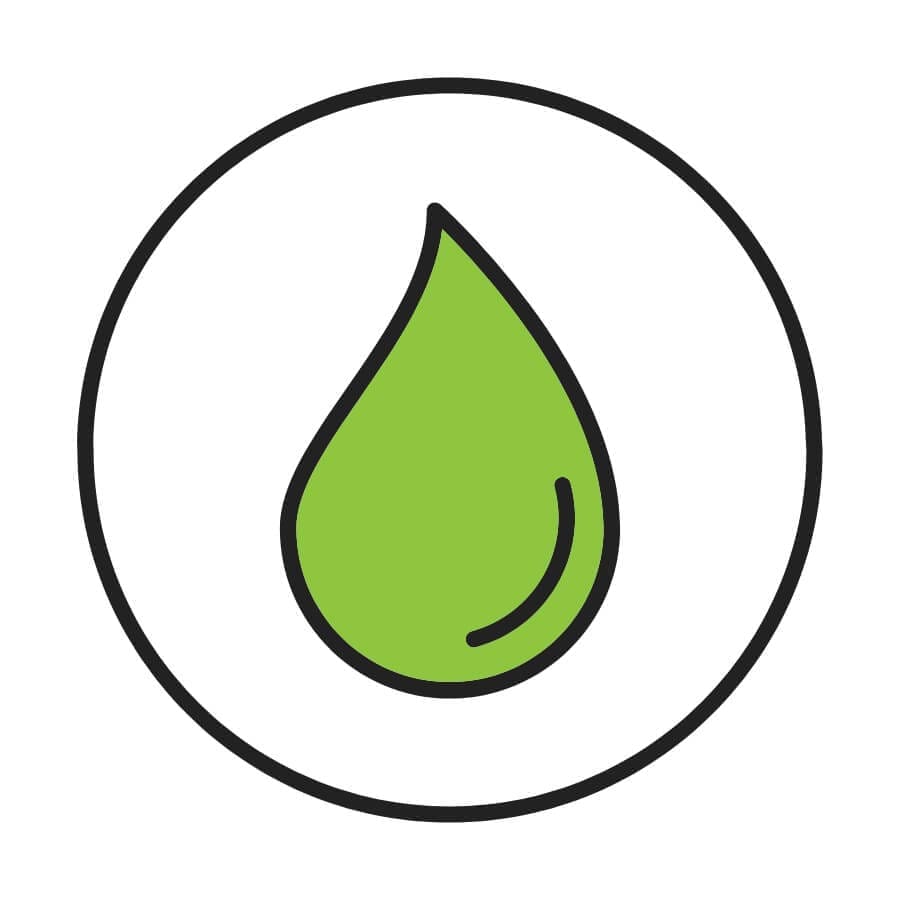You may or may not have noticed the increase in temperature year-round. Recently, the winter months have seen an unusual number of warm, sunny days. Whether we like it or not, our climate is changing. And extreme heat is worsening air quality. Considering warmer temperatures pose a risk to all living creatures and the environment, it seems as though heat awareness is more important than ever.
National Heat Awareness Day
Each year, National Heat Awareness Day is observed on the last Friday of May. The Occupational Safety and Health Administration (OSHA) and the National Weather Service worked together to create this awareness day. The purpose is to inform employees, employers and the general public about the dangers of heat. The goal is to reduce heat-related illness and death. This day is particularly significant for outdoor workers exposed to the sun. Outdoor labor increases the risk of heat exhaustion, heatstroke, dehydration and death.
 Air Quality Aware: To protect yourself from extreme heat and to prepare for excessive heat days, it’s helpful to get into the habit of checking the local Air Quality Index (AQI) forecast. Learn more about AQI →
Air Quality Aware: To protect yourself from extreme heat and to prepare for excessive heat days, it’s helpful to get into the habit of checking the local Air Quality Index (AQI) forecast. Learn more about AQI →Does Heat Affect Air Quality?
Extreme heat affects air quality in a variety of ways. Now more than ever before, wildfires and extreme heat events are happening simultaneously. Wildfire smoke releases carbon monoxide, polycyclic aromatic hydrocarbons, particulate matter and various other air pollutants into the atmosphere. Extreme heat and wildfire smoke merge to create ground-level ozone. The catastrophic results of these two occurrences have reversed much of the progress made by the Clean Air Act.
As aforementioned, extreme heat and wildfire smoke combine to create ground-level ozone. However, wildfire smoke is not a necessary part of the equation. Extreme heat also mixes with other air pollutants produced by vehicles, factories and other sources every day to create ground-level ozone. Ground-level ozone concentrations often reach dangerous concentrations in cities during the summer season and during heat waves.
Can Heat Affect You Even Indoors?
Yes! Most buildings are not airtight, meaning that outdoor air slips through cracks, holes and other openings. This is called infiltration. When the weather is warm, infiltration increases the temperature indoors. And, it allows air pollutants to enter the building (regardless of the weather outdoors). These two factors alone can cause discomfort among occupants.
And, while the aforementioned heat-related illnesses and death are more common among outdoor workers, indoor workers exposed to extreme heat may suffer the same health risks.
Furthermore, air pollution formed as a result of extreme heat is dangerous inside and outside. However, there is one factor that separates the two. When air pollutants are indoors, they have nowhere to go. There is no breeze to carry them away. They are inescapable. That is why indoor air quality solutions such as filtration and purification are important during heatwaves.
How Do You Stay Safe in a Heat Wave?
Avoid Natural Ventilation
Natural ventilation is your worst enemy during a heat wave. Why? It rapidly increases the temperature indoors and welcomes a plethora of air pollutants. Opening windows and doors is the fastest way to reduce indoor air quality during a heat wave.
Mechanical ventilation, however, can be helpful during a heat wave, and here’s why. In order to ventilate a space, mechanical ventilation introduces fresh air from the outside. A mechanical ventilation system can account for changes in temperature and is filtered before entering your space.
Rely on Filtration and Purification
In order to combat air pollutants that enter from outside and those that originate inside, it’s important to utilize filtration and purification solutions. For most homeowners, a MERV 13 air filter is appropriate. It captures mold, bacteria, viruses, dirt, pollen, dust, smoke and more. A whole-building active air purifier targets the aforementioned air pollutants with bipolar ionization, making it easier for your air filter to capture them. All of which are useful during extreme heat periods.
Turn on the AC
Your air conditioner is your best friend during a heat wave. But in order to prevent your air conditioner from working too hard, be sure to set your thermostat to a reasonable temperature. For example, if it’s 100 degrees Fahrenheit outside, you probably shouldn’t set your thermostat to 60 degrees Fahrenheit. Additionally, schedule routine HVAC inspections throughout the year so that your AC unit is ready to take on the next heatwave.
Use a Humidifier or Dehumidifier
Depending on the climate you live in, you may find that your home is too dry or too humid during a heat wave. Either way, there’s an indoor air quality solution for you. Whole-home humidifiers are perfect for homeowners that require more moisture. And whole-home dehumidifiers are perfect for homeowners that require less moisture.
 Humidity Control: If you’re not sure which IAQ solution is right for you, a humidifier or a dehumidifier, let us help you figure it out →
Humidity Control: If you’re not sure which IAQ solution is right for you, a humidifier or a dehumidifier, let us help you figure it out →Ride the Wave
Extreme heat is simply unbearable, whether you’re indoors or outdoors. When temperatures start to rise, remember the dangerous effects extreme heat has on air quality and human health. Fortunately, there are a number of indoor air quality solutions that will keep you and your family safe during a heat wave.



